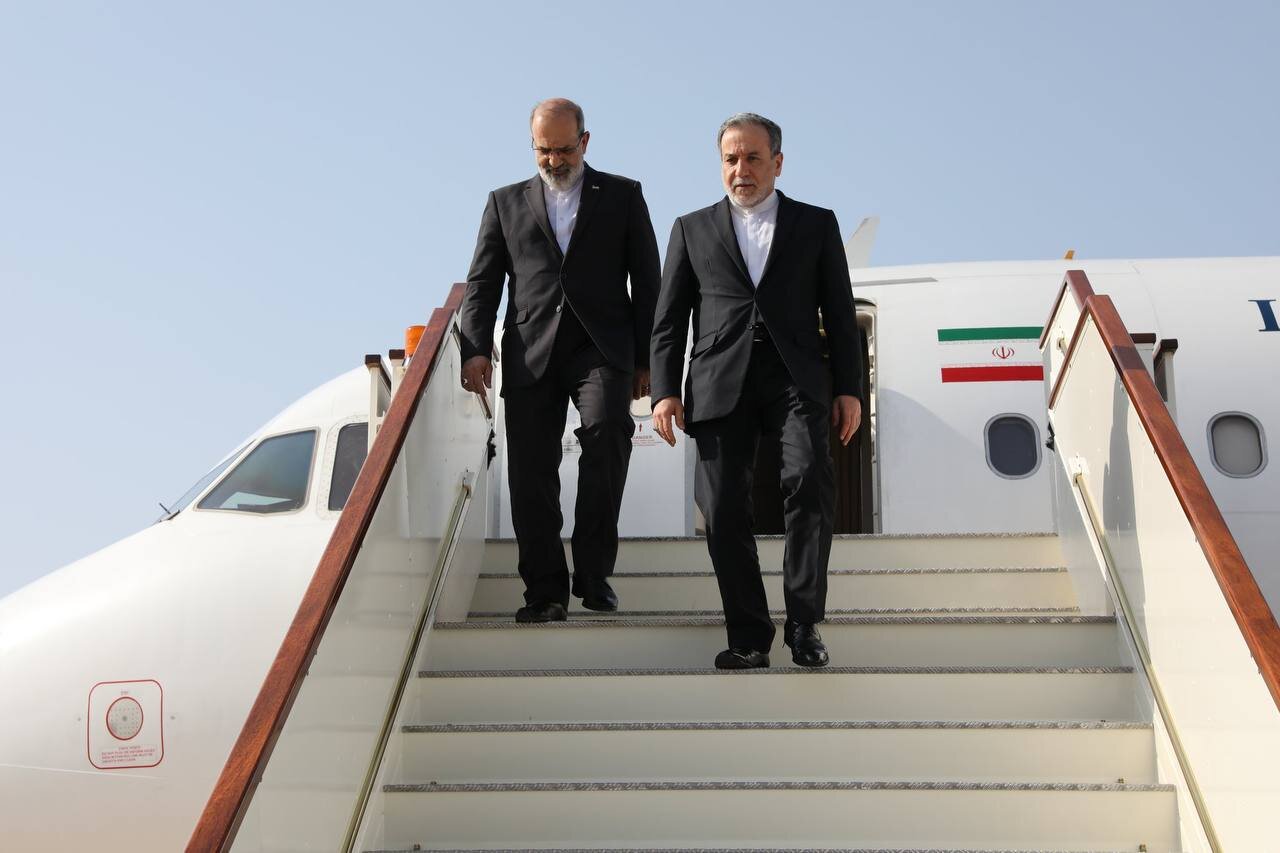Talks III in Muscat
Indirect discussions will resume in Muscat as Iran and the U.S. work towards a potential resolution on nuclear issues

TEHRAN – Iran and the U.S. have agreed to meet for a third round of indirect talks this Saturday in Muscat, Oman.
The upcoming talks follow two earlier rounds held in Muscat and Rome on April 12 and 19, respectively.
The meetings, facilitated by Omani Foreign Minister Badr bin Hamad Al Busaidi, will begin at the expert level before progressing to higher-level exchanges. Deputy foreign ministers Majid Takht-Ravanchi and Kazem Gharibabadi will represent Iran in the technical sessions —which was originally scheduled for April 23 and then postponed to take place on April 26.
Foreign Ministry Spokesman Esmaeil Baghaei said Friday that both sides had agreed to hold the talks concurrently at multiple levels. “Based on the arrangements made by the Omani host, technical meetings and indirect discussions between the Iranian foreign minister and the U.S. special envoy will take place on Saturday,” he stated.
Baghaei emphasized that Iran remains committed to engaging in serious dialogue, but stressed that progress will depend on the other side’s sincerity and realism. “We will act according to our experience and in response to the behavior of the other party,” he said, reiterating Iran’s position that its nuclear program is entirely peaceful and that the removal of sanctions remains a key demand.
In the lead-up to the talks, Araghchi held a phone conversation with International Atomic Energy Agency (IAEA) Director-General Rafael Grossi on Tuesday, briefing him on the status of the negotiations. Grossi, in turn, welcomed Iran’s transparency and expressed the agency’s readiness to support the process in line with its mandate.
Araghchi also traveled to Beijing earlier this week, following a similar visit to Moscow prior to the second round of negotiations, to consult with Chinese and Russian officials. “China and Russia are important partners for us and have played constructive roles in the past,” he said, “It’s only natural that we continue consultations with them, especially as these indirect talks proceed.” Araghchi conveyed a message from President Masoud Pezeshkian to Chinese authorities, underscoring the importance of continued cooperation.
Despite Iran’s diplomatic posture, the U.S. has sent mixed signals. President Donald Trump, who unilaterally withdrew from the JCPOA in 2018 and reimposed sweeping sanctions, claimed this week that talks with Iran are going “very well.” However, in the same breath, he issued threats of military action should a deal not be finalized promptly—comments that sharply contradict the spirit of diplomacy.
“There are only two options. And one option is not a good option,” Trump said ominously, revealing once again Washington’s preference for coercion over compromise.
In a recent interview with Time magazine, Trump also dismissed the idea that Israeli Prime Minister Benjamin Netanyahu could pressure him into confrontation with Iran, asserting instead that he would “lead the pack” into conflict if diplomacy fails.
Such contradictory statements have cast doubt on U.S. intentions. On the one hand, Trump says he hopes to meet with Iran’s President Masoud Pezeshkian or even the Leader of the Islamic Revolution, Ayatollah Seyyed Ali Khamenei. On the other hand, he appears ready to lead a military confrontation if negotiations do not move at Washington’s pace.
Iranian officials have remained cautious. Reflecting on the previous rounds of talks, Araghchi noted, “Optimism may be warranted, but only with a great deal of caution. Many in Iran believe that the JCPOA no longer meets our needs. What remains are the lessons learned from the past.”
In a post on social media upon his arrival in Muscat, Baghaei reiterated Iran’s objectives: “We are committed to securing our nation’s lawful right to peaceful nuclear energy. Ending unjust and inhumane sanctions swiftly and effectively remains our priority. The coming days will show how serious the other side is about reaching a fair and realistic agreement.”
Leave a Comment